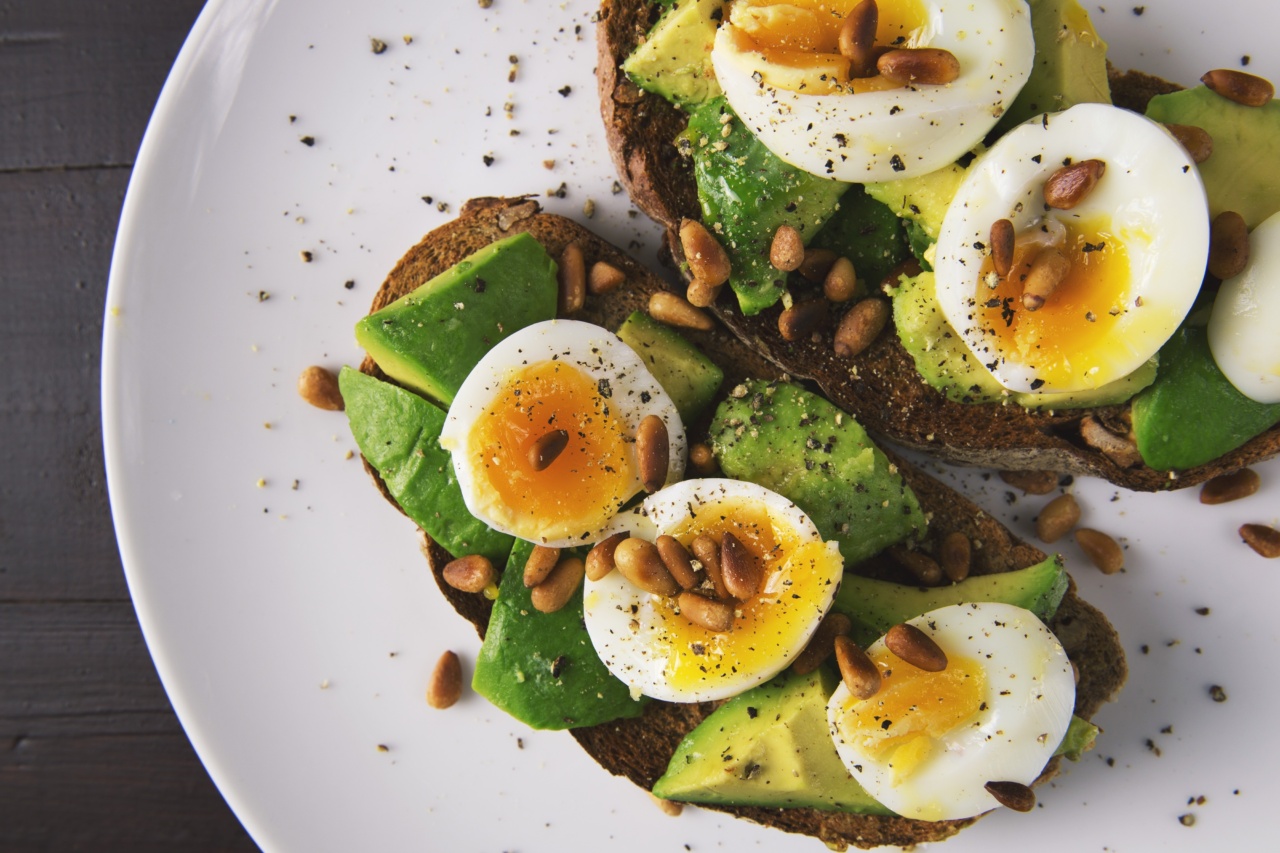In our fast-paced world, stress has become an inevitable part of our lives. From work pressures to personal responsibilities, there are countless factors that contribute to our daily stress levels.
While there are various methods and techniques available to manage stress, one often overlooked aspect is our diet. What we eat has a significant impact on our physical and mental well-being, including our stress levels. Incorporating the right vegetable diet can help us alleviate stress and lead a more balanced life.
The Connection Between Diet and Stress
Research has shown that there is a strong connection between our diet and stress levels. Certain foods can induce stress, while others can help reduce it. Highly processed foods, sugary snacks, and caffeine-rich drinks are known to increase stress levels.
On the other hand, fruits, vegetables, whole grains, and lean proteins have been found to have a calming effect on the body and mind.
Key Nutrients for Stress Relief
When it comes to combating stress, there are several key nutrients found in vegetables that play a crucial role:.
1. Magnesium
Magnesium is a vital mineral that helps regulate stress hormones and promotes relaxation. Leafy green vegetables such as spinach, kale, and Swiss chard are excellent sources of magnesium.
2. Vitamin C
Vitamin C is known for its immune-boosting properties, but it is also beneficial for stress reduction. Vegetables like bell peppers, broccoli, and Brussels sprouts are rich in vitamin C.
3. B vitamins
B vitamins, such as B6 and B9, are essential for energy production and proper brain function. Dark leafy greens, asparagus, and avocados are excellent sources of B vitamins.
4. Omega-3 Fatty Acids
Omega-3 fatty acids have been shown to reduce inflammation and help manage stress. Vegetables like flaxseeds, chia seeds, and walnuts are great sources of omega-3s.
Vegetables for Stress Relief
Now that we understand the importance of vegetables and their nutrients in stress reduction, let’s explore some specific vegetables that can help us de-stress:.
1. Spinach
Spinach is not only rich in magnesium but also contains high levels of folate, which helps regulate mood. Add spinach to your salads, smoothies, or stir-fries for a stress-busting boost.
2. Broccoli
Broccoli is packed with vitamin C and fiber, making it an excellent choice for stress relief. Steam or roast broccoli to retain its nutrients and enjoy it as a side dish or in stir-fries.
3. Sweet Potatoes
Sweet potatoes are not only delicious but also a great source of complex carbohydrates. This vegetable helps boost serotonin levels, which can improve mood and reduce stress. Bake or grill sweet potatoes for a comforting and stress-relieving meal.
4. Bell Peppers
Bell peppers are rich in vitamin C and antioxidants, which can combat the harmful effects of stress on the body. Add colorful bell peppers to your salads, stir-fries, or enjoy them stuffed for a wholesome meal.
5. Avocados
Avocados are not only creamy and delicious but also packed with stress-busting B vitamins and healthy fats. Add avocados to your salads, sandwiches, or enjoy them as a tasty guacamole.
6. Kale
Kale is a leafy green powerhouse that contains magnesium, calcium, and vitamin C. Include kale in salads, smoothies, or sauté it for a nutritious side dish.
7. Brussels Sprouts
Brussels sprouts are loaded with stress-reducing nutrients like folate, vitamin C, and fiber. Roast or steam Brussels sprouts and enjoy them as a comforting and nutritious addition to your meals.
8. Carrots
Carrots are not only crunchy and delicious but also rich in beta-carotene, which can help reduce stress levels. Enjoy carrots as a snack, add them to salads, or cook them in soups and stews.
9. Cauliflower
Cauliflower is a versatile vegetable that can be used as a low-carb substitute for rice or mashed potatoes. It contains choline, a nutrient that supports brain health and helps reduce stress.
10. Asparagus
Asparagus is a nutrient-dense vegetable that contains B vitamins and folate. It is also a natural diuretic, which can help flush out toxins from the body and reduce stress. Grill or roast asparagus for a flavorful addition to your meals.
Incorporating a Vegetable Diet into Your Routine
Now that we have explored the vegetables best suited for stress relief, it’s essential to incorporate them into our daily diet. Here are some tips to help you get started:.
1. Plan Your Meals
Plan your meals in advance to ensure you have a variety of vegetables included. Include vegetables in your shopping list so you always have them on hand.
2. Experiment with Recipes
Try new recipes that incorporate these stress-relieving vegetables. Look for interesting salad combinations or explore different cooking methods to find your favorite.
3. Snack on Vegetables
Keep pre-cut vegetables in your refrigerator for easy snacking. Pair them with a healthy dip or hummus for added flavor.
4. Add Vegetables to Smoothies
Blend vegetables like spinach or kale into your morning smoothies for a nutritious and stress-busting start to your day.
5. Make Vegetable-Focused Meals
Designate one or two days a week as “vegetable-focused” days. Prepare meals where vegetables take center stage, and experiment with different flavors and cooking techniques.
Conclusion
While there is no magic cure for stress, incorporating the right vegetable diet can significantly improve our ability to cope with stressors.
By nourishing our bodies with the right nutrients found in vegetables, we can support our physical and mental well-being, ultimately leading to a more balanced and stress-free life.































